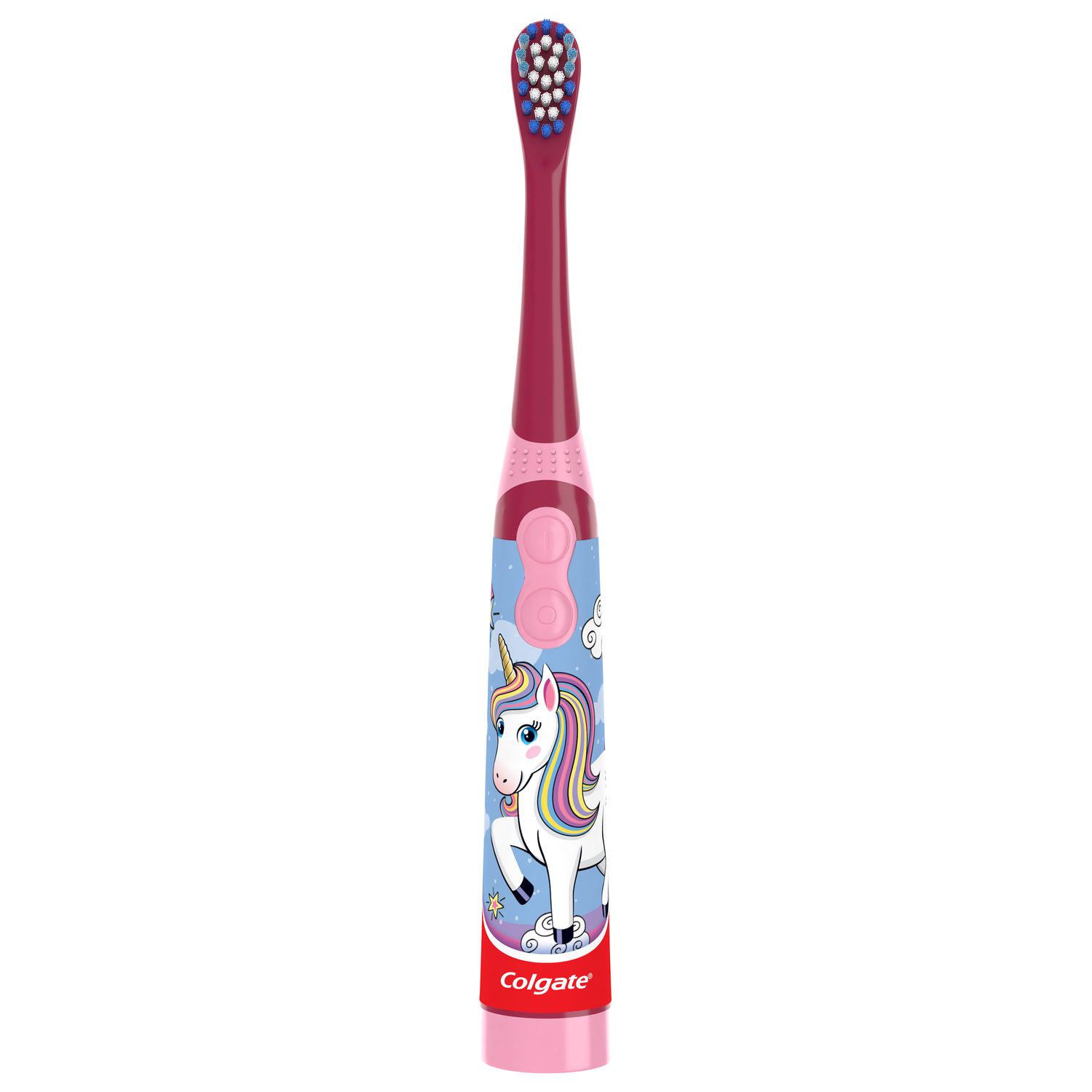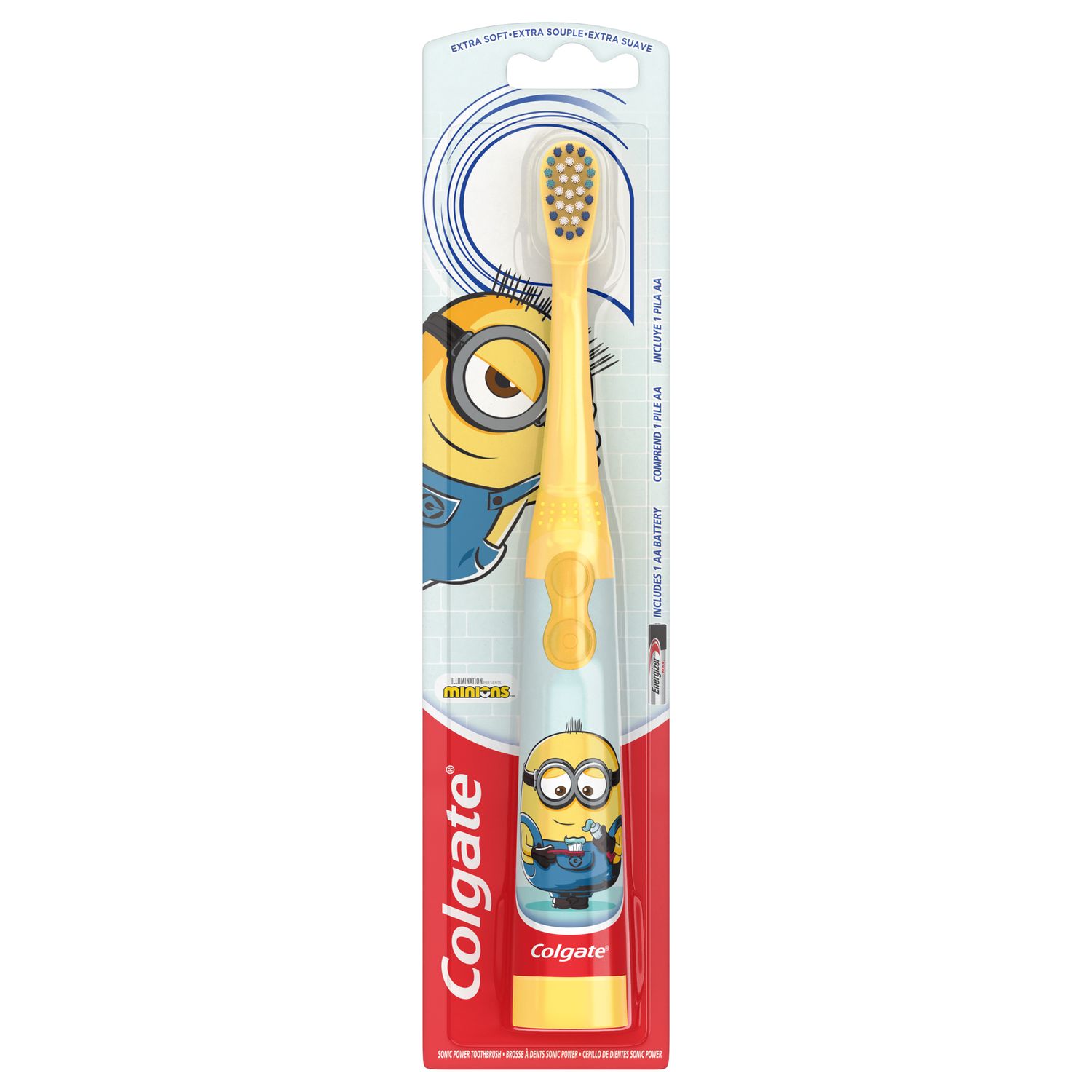What Is Baby Tongue Thrust?
Tongue thrust reflex in infants occurs when the tongue moves forward from the mouth to assist with breast and bottle feeding. This should last for 5-6 months and can protect the baby from choking. So rest assured knowing that if your baby’s tongue is sticking out, it’s a natural reflex that helps them feed. However, when tongue thrust persists in toddlers and children, it can lead to potential dental issues down the line. Tongue thrusting in children happens when they push out their tongue when they talk, drink, or eat and is considered an ODM. Tongue thrust in toddlers and children is caused by several factors, namely ear, nose, and throat problems such as allergies or enlarged tonsils, or habits like thumb sucking and using a pacifier.
Tongue Thrust Effects
Again, tongue thrust isn't harmful in young babies and has no long-term effects, provided that the reflex goes away as your child gets older. Losing tongue thrust is a normal part of baby development and a sign that your baby is more prepared for weaning. But when the condition persists and is considered an ODM, having the tongue constantly push against the teeth can lead to several issues:
- A child’s tongue sticking out during speaking, swallowing, and resting
- Speech problems
- Prolonged sucking problem
- Issues with chewing correctly
- Displaced teeth that may require orthodontic treatment
This condition may also indicate allergies, enlarged tonsils, or adenoids. These reactions cause a constricted throat cavity, so the tongue moves forward to make breathing easier.
Time for Action
Consulting a dentist or pediatrician about tongue thrust is usually unnecessary for an infant, but there are some signs you can look for in older babies. Symptoms of abnormal tongue thrust include the tongue resting in the wrong position, prolonged sucking, open resting lips, and difficulty chewing food. If your older baby or toddler shows any of these signs, take them to see a dental professional or pediatrician. Your medical provider may also recommend getting in touch with an orthodontist and speech pathologist to ensure your child’s speech and teeth develop properly.
Treatments from a speech therapist typically begin at the age of eight, are customized to your child’s needs, and will take about three to five months, with follow up appointments four to six months later. In treatment, your child will likely receive activities and exercises to do at home, which they’ll have to follow consistently. They’ll also learn how to properly rest their mouth and how to swallow saliva, liquids, and solids correctly. Once any underlying problems have been corrected, these tongue thrust exercises can mitigate the condition so your child can have an easier time speaking, swallowing, and, eventually, socializing.
Losing Baby Tongue Thrust
As babies transition to solid foods, their tongue thrust should start to go away. According to The Mayo Clinic, when the baby is about four to six months old, babies start to develop the coordination to move solid food from the front of the mouth to the back for swallowing and typically stop using their tongues to push food out of their mouths. If you notice any of the symptoms of tongue thrusting beyond this period, get in touch with your dental professional or pediatrician. General dental health care should continue as normal, including regularly cleaning the teeth as soon as they erupt with a toothpaste specially formulated for infants.
Babies are precious, and it's natural to seek reassurance that behavior affecting their teeth, speech, and eating is normal. Tongue thrust in babies usually means your baby is healthy and developing well. If you have concerns, a pediatrician or dentist can conduct a gentle examination that puts your mind at ease.
Oral Care Center articles are reviewed by an oral health medical professional. This information is for educational purposes only. This content is not intended to be a substitute for professional medical advice, diagnosis or treatment. Always seek the advice of your dentist, physician or other qualified healthcare provider.
ORAL HEALTH QUIZ
What's behind your smile?
Take our Oral Health assessment to get the most from your oral care routine
ORAL HEALTH QUIZ
What's behind your smile?
Take our Oral Health assessment to get the most from your oral care routine















